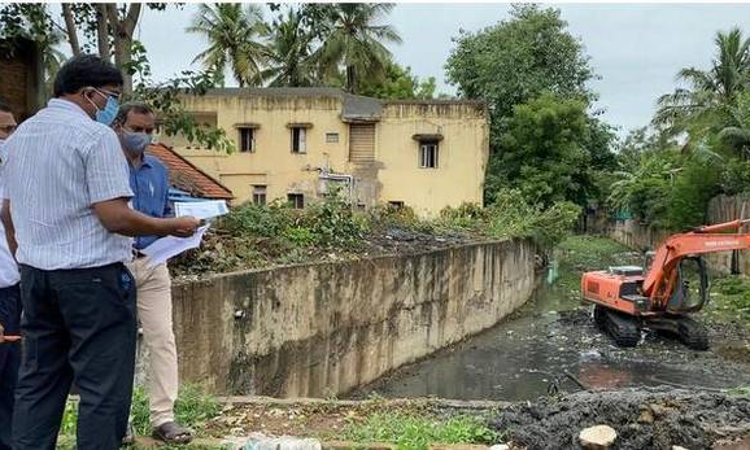Stressing on the importance of preserving water bodies, the Madras High Court recently stated that water bodies play a significant role in maintaining ecology and environment and usage of land earmarked as waterbody for any other purpose would be detrimental to the society at large. The court thus highlighted that it was the duty of officials to preserve and protect government lands...

